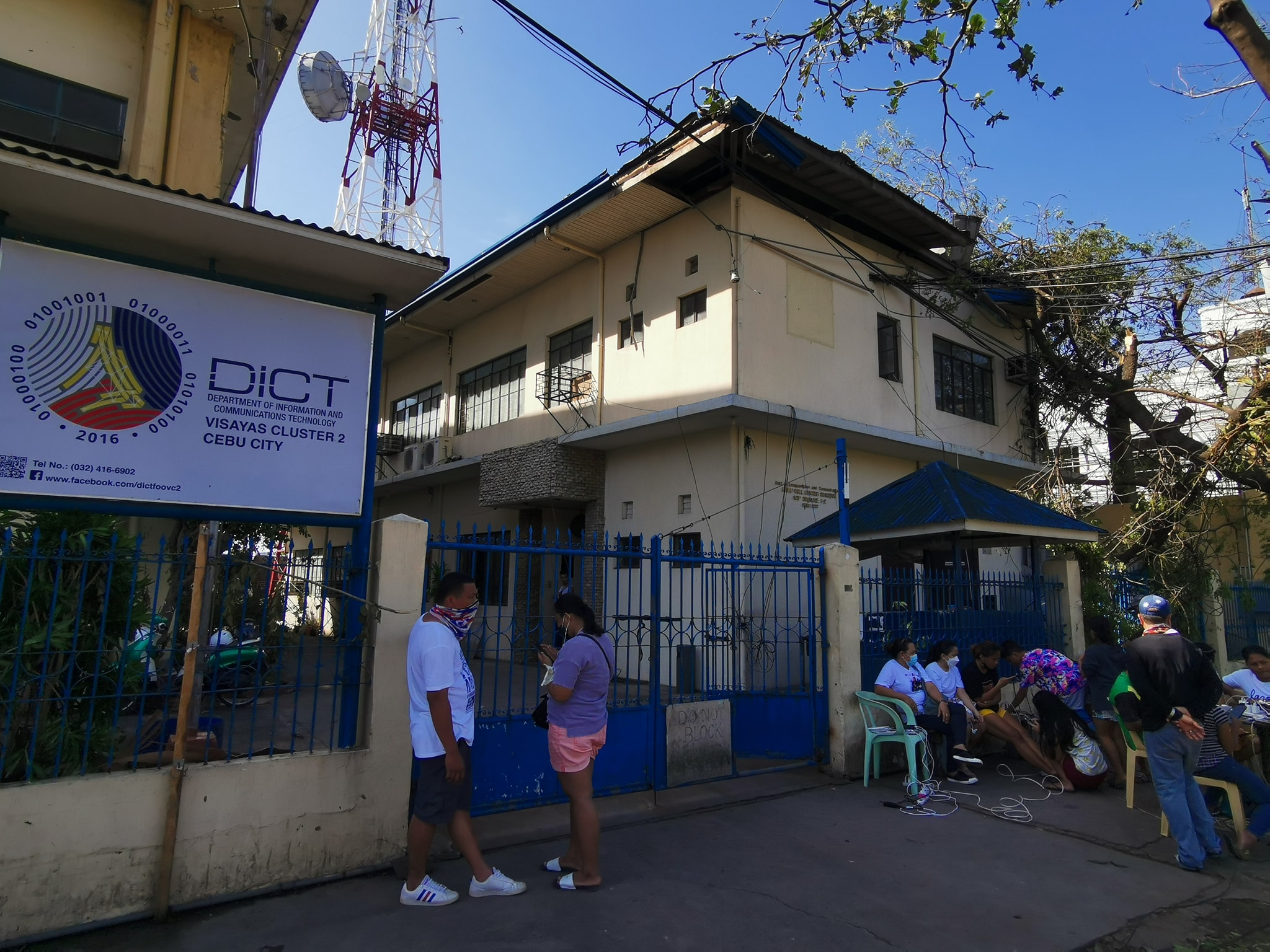The Philippine government, through the Department of Information and Communications Technology (DICT), is eyeing to generate an additional one million jobs in the Information and Communication Technology (ICT) industry by the end of 2023.
This was disclosed by DICT Undersecretary Jocelle Batapa-Sigue during the recent 32nd Visayas Area Business Conference (VABC) held in Panglao, Bohol.
Sigue said the additional employment in the ICT industry is to the Business Process Management (BPM) sector, which reported a strong performance in 2022 through the addition of thousands of jobs and a hike in the sector’s revenue.
For every job opened in the IT-BPM sector, this leads to the opening of 5 to 7 indirect jobs, she said.
With one million more jobs seen to open in the said industry in the next seven months, this would also mean some 5 to 7 million jobs that indirectly supply the needs of the new employees and boost the economy, Sigue said.
The DICT official pointed to Visayas as being one of the areas that would greatly benefit from the growth in the IT-BPM sector.
In an earlier statement, DICT reported that the number of full-time employees in the IT-BPM sector grew by 8.4%, or 121,000 full-time employees to 1.57 million FTEs in 2022.
The sector’s revenues, on the other hand, increased to USD32.5 billion in 2022, surpassing 2021 earnings of USD29.5 billion.

More growth in the Visayas
Despite the archipelagic nature of the Visayas causing challenges in laying down the fiber optic connectivity in the islands, Sigue said the region has seen a big jump in opportunities for the IT-BPM sector.
The COVID-19 pandemic has forced several IT-BPO industry workers in Luzon to return to their home provinces, particularly in the Visayas, leading to the growth of workers equipped with the necessary digital skills in the region.
In the Visayas, Cebu has the highest number of IT-BPO workers with an estimated 200,000 full-time employees employed in the following companies: 24/7, Accenture, Alorica, Amazon, Cognizant, Concentrix, Conduent, EXL Service, IBM, JPMorgan, Optum, QBE, Shearwater, Sykes, Teleperformance, Teletech, Visayas KPO, and Wipro.
The province of Iloilo has around 50,000 full-time employees actively working in Alorica, Anthem Solutions, EXL Service, HGS, Inspiro, Legato, Reed, Elsevier, Startek, Teletech, Telus and Transcom.
Negros Oriental, on the other hand, has 45,000 full-time workers employed by Alorica, Anthem Solutions, Concentrix, Focus Direct, Grab Support, Teleperformance, Teletech, Transcom and Ubiquity, and another 20,000 in Inspiro, Straive, and Teletech.
Bohol, with a recently available fiber-optic connectivity, has around 10,000 full-time employees working in TaskUs and Ibex.
The DICT official also cited that two of the six Centers of Excellence in the country’s Next Wave Cities can be found in the Visayas, namely, Bacolod City and Ilo-ilo City.
Dumaguete City in Negros Oriental is named as one the seven identified Next Wave Cities, while Tagbilaran City in Bohol is included in the list of Digital Cities in 2025.
The Centers of Excellence refer to cities that are already established IT-BPM hubs, while New Wave Cities are developing locations that support IT-BPM operations.
Digital Cities, on the other hand, is an initiative launched by the DICT together with the IT and Business Process Association of the Philippines (IBPAP) and Leechiu Property Consultants (LPC) that aims to drive inclusive growth in the countryside through the selection of high-potential areas and transforming them into IT-BPM centers.
Professional development initiatives
During the annual meeting of the Information Technology and Business Processing Association of the Philippines (IBPAP) in March 2023, DICT Sec. Ivan John Uy shared his plans to support the growth of the IT-BPM sector in the country.
He said this will be done through training and professional development initiatives, such as the DICT’s digitaljobsPH and the IT-BPM scaled upskilling programs.
The Philippine skills framework would allow the DICT to design courses and training programs “aligned to the skills and competencies” identified by the IT-BPM industries.
To boost the Philippines’ stance as the top investment destination for global services, Uy also announced the “Leveraging the IT-BPM Industry and Fostering Local Talents (LIFT)” program.
LIFT aims to promote careers in the IT-BPM industry and highlight Filipino talent to generate jobs and sustain the country’s position as a leading provider of global outsourced services. (RAHC/PIA-7 Bohol)





